Our new study published in Journal of Vision, investigates the role of allocentric and egocentric reference frames in the updating of line orientation across head rotations.
The brain can use multiple reference frames to code line orientation, including head-, object-, and gravity-centered references. If these frames change orientation, their representations must be updated to keep register with actual line orientation. We tested this internal updating during head rotation in roll, exploiting the rod-and-frame effect: The illusory tilt of a vertical line surrounded by a tilted visual frame. If line orientation is stored relative to gravity, these distortions should also affect the updating process. Alternatively, if coding is head- or frame-centered, updating errors should be related to the changes in their orientation. Ten subjects were instructed to memorize the orientation of a briefly flashed line, surrounded by a tilted visual frame, then rotate their head, and subsequently judge the orientation of a second line relative to the memorized first while the frame was upright. Results showed that updating errors were mostly related to the amount of subjective distortion of gravity at both the initial and final head orientation, rather than to the amount of intervening head rotation. In some subjects, a smaller part of the updating error was also related to the change of visual frame orientation. We conclude that the brain relies primarily on a gravity-based reference to remember line orientation during head roll.
Niehof N, Tramper JJ, Doeller CF, Medendorp WP (2017). Updating of visual orientation in a gravity-based reference frame. Journal of Vision.
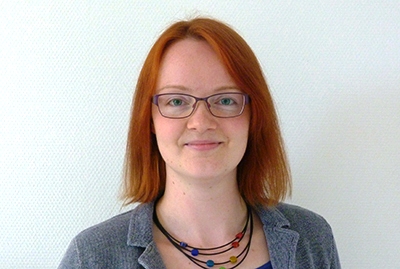
Markus Frey | PhD candidate
During his master’s degree, Markus was working on spatial navigation data from rodents. He is now starting his PhD at the Kavli Institute, where his work will focus on the development of Deep Learning algorithms for spatial navigation. Before he joined the group he did his bachelor’s degree in Computer Science at the University of Ulm and his master’s degree in Cognitive Science at the University of Tübingen.
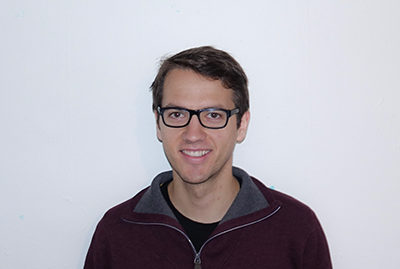
Alexander Backus defended his dissertation at the Donders Institute on 22 September 2017 and was awarded his PhD cum laude. During his time in our lab, Alex worked on memory integration using both fMRI and MEG. Here you can find a Dutch newspaper article about his work. Alex is now a data scientiest at Big Data Republic.
Congratulations Alex!!
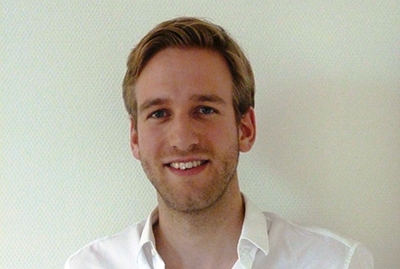
David Neville has obtained a Donders Start-up voucher to develop an innovative learning software for educational platforms.
Congratulations David!!
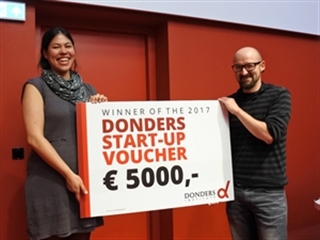
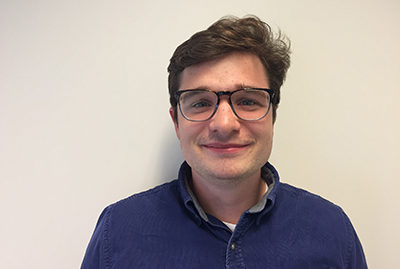
Joshua Julian | Postdoc
Josh got his Ph.D. from University of Pennsylvania, where he studied how the mammalian brain uses visual information navigate. Broadly, he is interested in understanding spatial behavior in terms of the physiological properties of neural populations and investigates this using a combination of functional calcium imaging in rodents, fMRI and virtual-reality in humans, and cognitive behavioral testing in both species.
Lilith Sommer | PhD candidate
After her Dual Masters degree of Neuroscience in London and Paris, Lilith was working in a healthcare company. A FENS winter school on memory confirmed her wish to continue her academic career and to start her PhD at Kavli. Here, she will be working with rats and humans using calcium imaging and fMRI, looking for a grid-cell code in conceptual space.
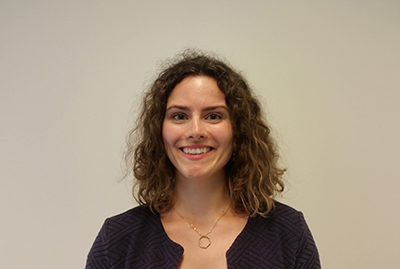
Follow us for more news TWITTER
For press inquiries
Get in touch with the MPI CBS press officer Bettina Hennebach
+49 341-9940-148

